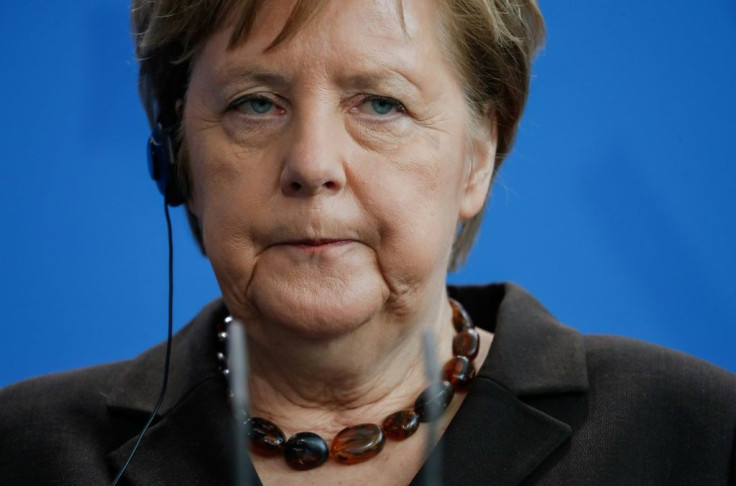Merkel Predicts 'Very Tough' EU Budget Summit

German Chancellor Angela Merkel said Wednesday that talks to set the European Union's budget for the coming seven years will be "very difficult" at an extraordinary summit beginning Thursday.
"We think our concerns are not sufficiently addressed on many points, and I therefore see very tough and difficult negotiations ahead," Merkel told reporters at a Berlin press conference with Finnish Prime Minister Sanna Marin.
Germany and Finland belong to the circle of mainly northern European EU members that pay more into the EU budget than they get out, known as "net contributors".
Such countries are keen to cap spending at around one percent of the bloc's total GDP, while the European parliament has demanded 1.3 percent.
Brussels is keen to set new priorities in climate change and other areas, even as Brexit has punched a multi-billion-hole in EU finances.
"Even if we remain at the same level (of contributions), namely one percent of GDP, that would mean Germany would pay 10 billion euros more per year because of inflation and Brexit," Merkel said.
"If further burdens are loaded on top, you can see it's significant, then we'll have to see whether it's divided fairly among the net contributors."
France and around 15 other member states are keen to end a system of rebates for five countries -- Germany, Denmark, the Netherlands, Austria and Sweden -- that has been weakened by Britain's withdrawal.
Among the net contributors, a so-called "frugal four", not including Germany, is keenest to limit the EU budget.
Less well-off southern, central and eastern countries fear this will mean cuts to traditional redistribution via policies like agricultural support.
As the bloc's largest economy, Germany's contributions account for around one-fifth of the EU budget, set to rise to 25 percent under plans for the coming seven years.
© Copyright AFP 2024. All rights reserved.





















